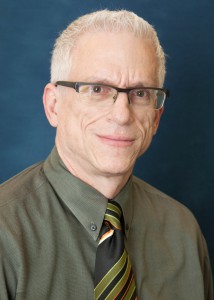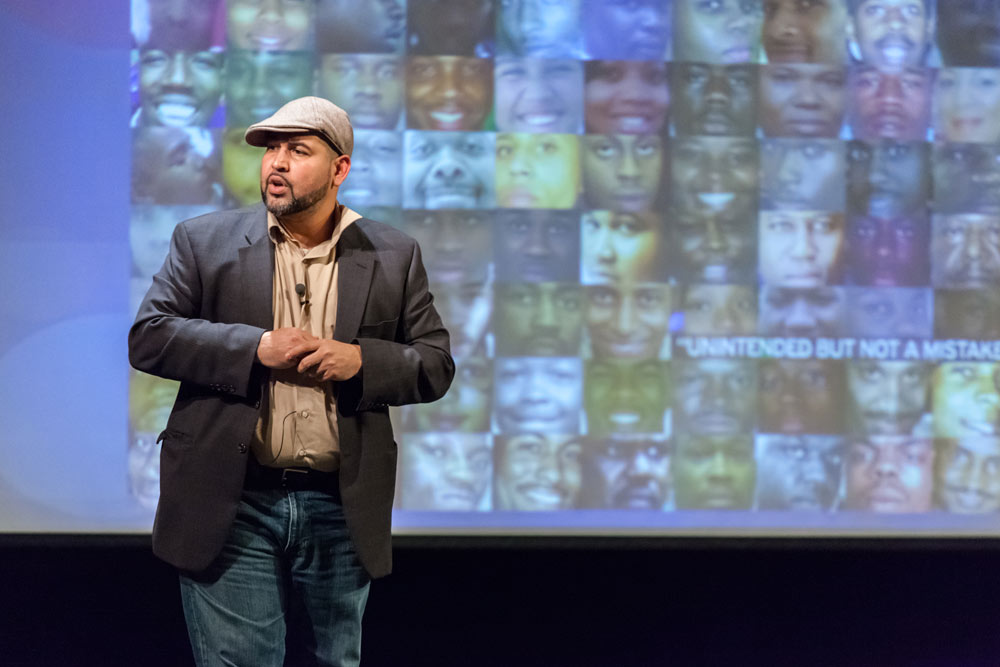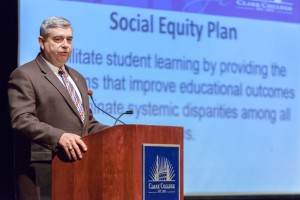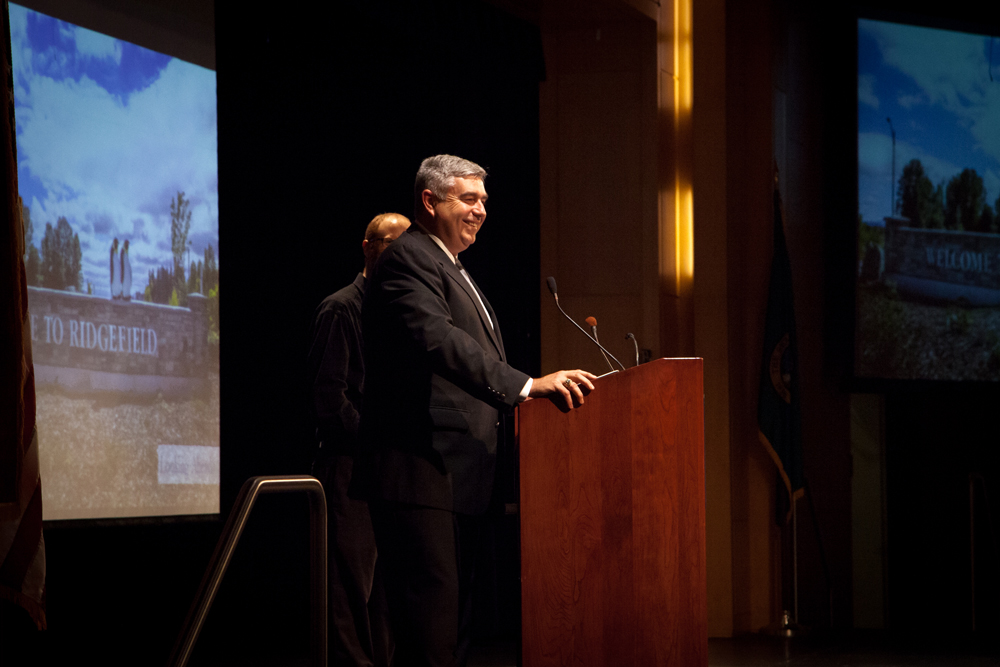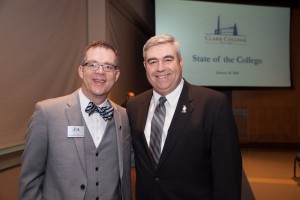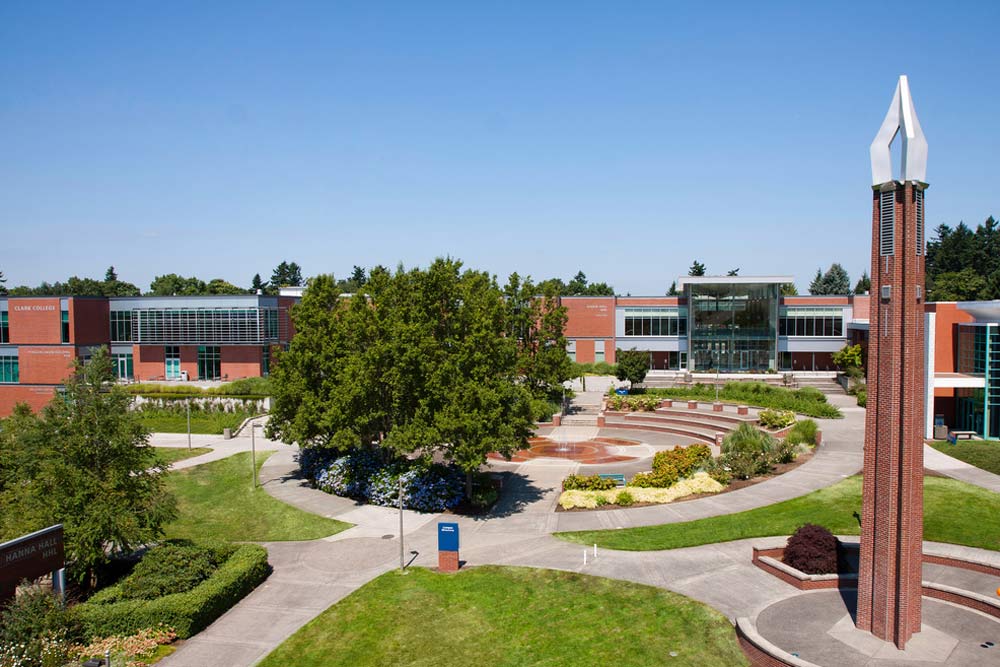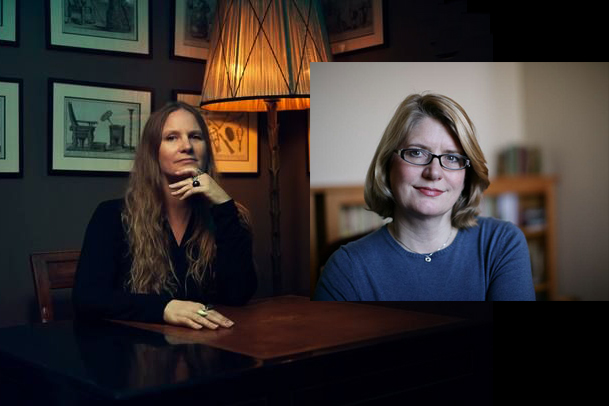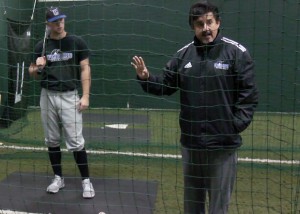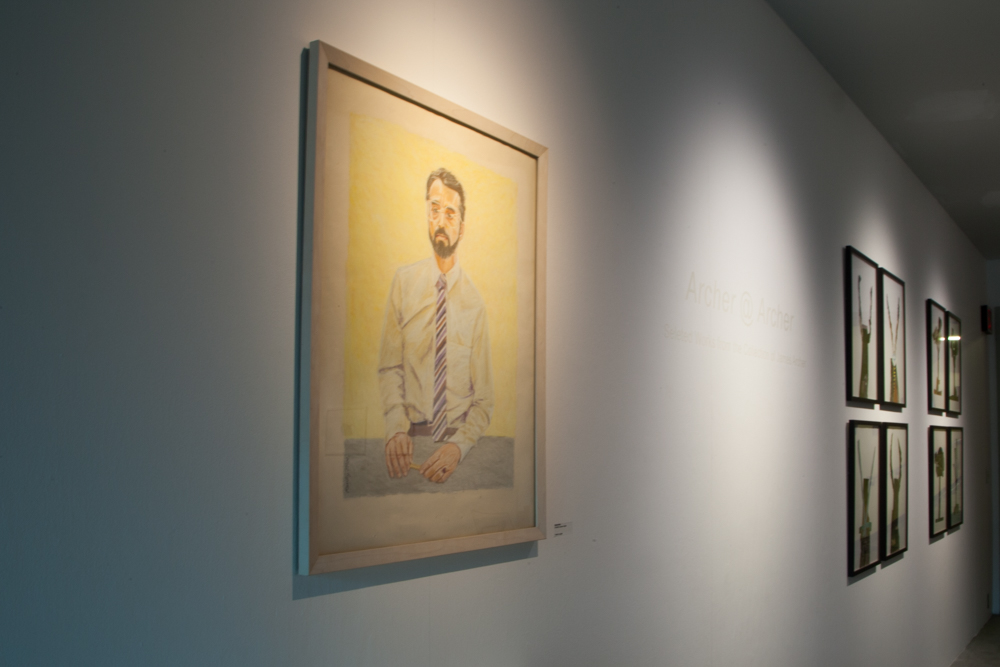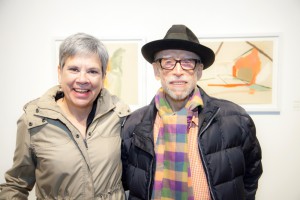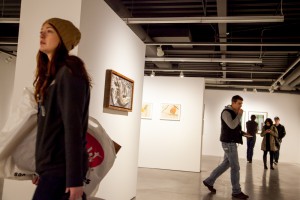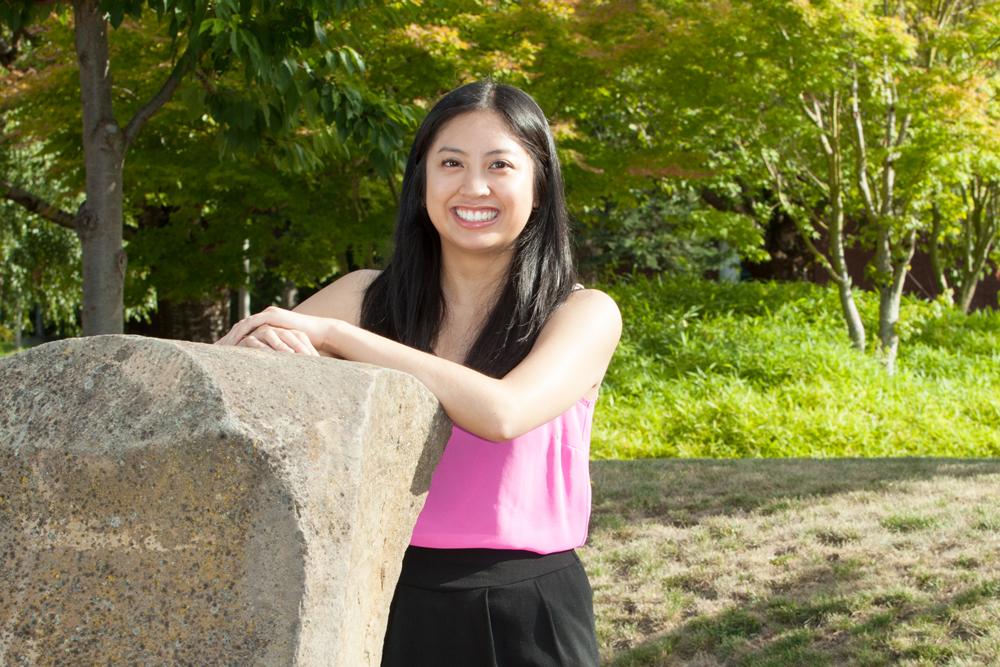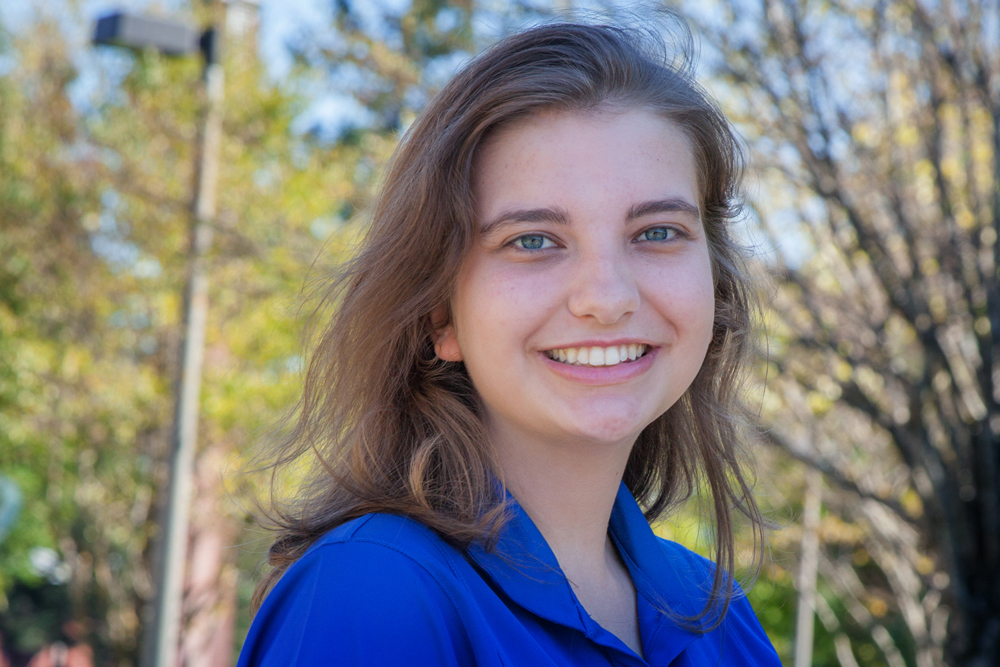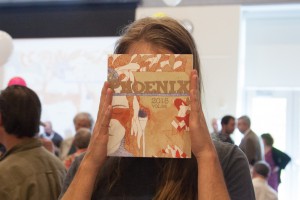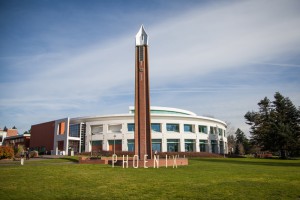Faculty Speaker Series presents Dave Kosloski
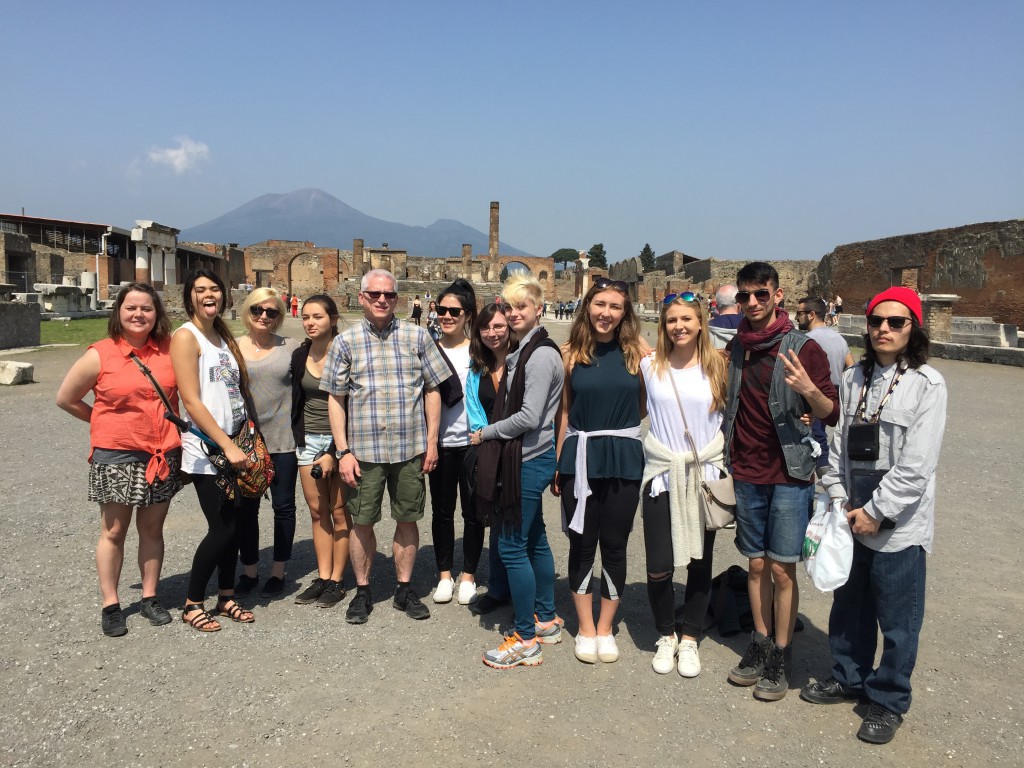
Professor Dave Kosloski, fifth from left, led Washington State community college students through their study-abroad experience in Italy during the 2015 spring quarter. Photo courtesy of Dave Kosloski
On February 11 at 4:00 p.m. in the Ellis Dunn Community Room (Gaiser Hall room 213), the Teaching and Learning Center hosts “Square Pegs in Round Holes: Making the Study Abroad Experience Meaningful for Community College Students,” the 2016 winter quarter installment of Clark College’s Faculty Speaker Series.
Communications studies professor Dave Kosloski shares insights, surprises, and challenges that are unique to the community college study-abroad experience. Based on his teaching-abroad assignment in Florence, Italy, during the 2015 spring quarter, he will explore the cultural, pedagogical and social issues that arise in working with the two-year student in a traditional study abroad environment.
About Prof. Dave Kosloski
For 18 years, Professor Dave Kosloski has taught courses in the Communication Studies department at Clark College, most notably in public speaking and competitive speech and debate. He received his bachelor’s degree in Journalism and Public Relations at Georgia State University in Atlanta and his master’s degree in Communication Theory at Central Michigan University in Mt. Pleasant. Even before completing his master’s degree, Kosloski began teaching courses in interpersonal and public communication. While working on doctoral coursework in Rhetorical Criticism at the University of Illinois, he not only taught public speaking and business writing courses but published numerous articles. He also co-authored and edited several instructors’ manuals to accompany textbooks in his field.
When Kosloski received his first teaching award as a doctoral candidate he began to realize that teaching, not research, was his passion. His first full-time teaching position was at a small liberal arts college in Nebraska. After two years there, he decided to focus his career on working at a two-year college.
From 1998 to 2013, Kosloski served as Clark College’s Director of Forensics. Under his tutelage, the Penguins routinely captured first place in speech and debate competitions in the Northwest Community College Division. Only once in 15 years did the team place second. He also led his teams to nine different international competitions in Italy, Belgium, Germany, and Quebec, where they ranked from second to sixth overall. Of his teaching abroad experience in 2015, he says it was not only an opportunity to connect with students more deeply as he had when he coached forensics, but to experience another culture more meaningfully than a week-long speech competition could offer.
A first-generation college student himself, Kosloski finds that community college students are truly committed to getting the most out of their education. He believes that “students will rise to whatever challenge they are presented.” In his 28 years teaching, Kosloski has observed that the skills he teaches are more far-reaching than students can imagine. “They come to class on the first day assuming they’re just getting a required course out of the way. They think it’s not useful to their major,” he says. “It may not be until years later when they have to make a presentation to a board of directors or a PTA that the skills they acquired are really useful. Their lives are empowered in ways they could not imagine on that first day of class.”
See a video of Prof. Kosloski discussing the study-abroad experience:
About the Faculty Speaker Series
The Clark College Faculty Speaker Series showcases recent experiences that have enriched both the life and teaching of a Clark faculty member. Faculty members share their developmental experiences with the college community—and members of the community at large—while addressing some of today’s most intriguing issues.
Established by Clark College with support from the Clark College Foundation, the series honors individual faculty members and celebrates academic excellence.
Photo: Clark College/Jenny Shadley
Video: Clark College/Nick Bremer-Korb
